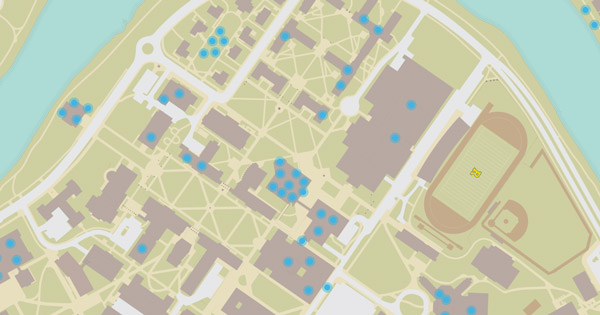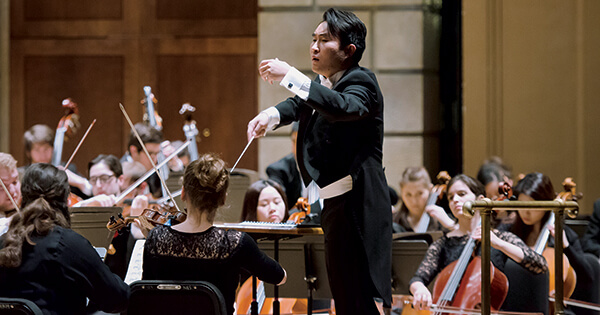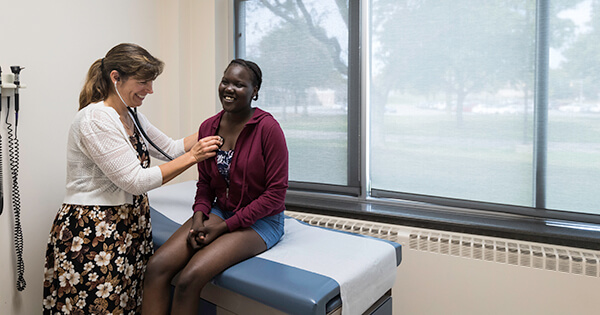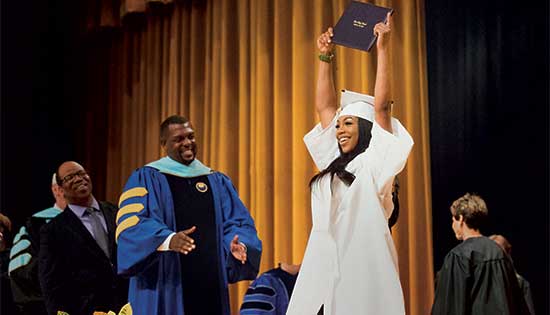Gene may hold key to hearing recovery
Researchers have discovered that a protein implicated in human longevity may also play a role in restoring hearing after noise exposure. The findings, where were published in the journal Scientific Reports, could one day provide researchers with new tools to prevent hearing loss.
 The study reveals that a gene called Forkhead Box O3 (Foxo3) appears to play a role in protecting outer hair cells in the inner ear from damage. The outer hair cells act as a biological sound amplifier and are critical to hearing. When exposed to loud noises, these cells undergo stress. In some individuals, these cells are able to recover, but in others the outer hair cells die, permanently impairing hearing. While hearing aids and other treatments can help recovered some range of hearing, there is currently no biological cure for hearing loss.
The study reveals that a gene called Forkhead Box O3 (Foxo3) appears to play a role in protecting outer hair cells in the inner ear from damage. The outer hair cells act as a biological sound amplifier and are critical to hearing. When exposed to loud noises, these cells undergo stress. In some individuals, these cells are able to recover, but in others the outer hair cells die, permanently impairing hearing. While hearing aids and other treatments can help recovered some range of hearing, there is currently no biological cure for hearing loss.
“While more than a hundred genes have been identified as being involved in childhood hearing loss, little is known about the genes that regulate hearing recovery after noise exposure,” said Patricia White, Ph.D., a research associate professor in the University of Rochester Medical Center Department of Neuroscience and lead author of the study. “Our study shows that Foxo3 could play an important role in determining which individuals might be more susceptible to noise-induced hearing loss.”
Approximately one-third of people who reach retirement age have some degree of hearing loss, primarily due to noise exposure over their lifetimes. The problem is even more acute in the military, with upwards of 60 percent of individuals who have been deployed in forward areas experiencing hearing loss, making it the most common disability for combat veterans.
Foxo3 is known to play an important role in cell’s stress response. For example, in the cardiovascular system, Foxo3 helps heart cells stay healthy by clearing away debris when the cells are damaged. Additionally, people with a genetic mutation that confers higher levels of Foxo3 protein have been shown to live longer.
White and her team carried out a series of experiments involving knock-out mice who were genetically engineered to lack the Foxo3 gene. The researchers found that, compared to normal mice, these animals were unable to recover hearing after being exposed to loud noises. The team also observed that during the experiment the Foxo3 knock-out mice lost most of their outer hair cells. In the normal mice, outer hair cell loss was not significant.
“Discovering that Foxo3 was important for the survival of outer hair cells is a significant advance,” says senior author Patricia White. “We are also excited about the results because Foxo3 is a transcription factor, which regulates the expression of many target genes. We are currently investigating what its targets might be in the inner ear, and how they could act to protect the ear from damage.”
Additional co-authors of the study include Felicia Gilels, Stephen Paquette, and Holly Beaulac with URMC and Anwen Bullen with University College London. The research was supported with funding from the National Institute of Deafness and Other Communication Disorders and the Biotechnology and Biological Sciences Research Council of the United Kingdom.
—Mark Michaud, April 2017






